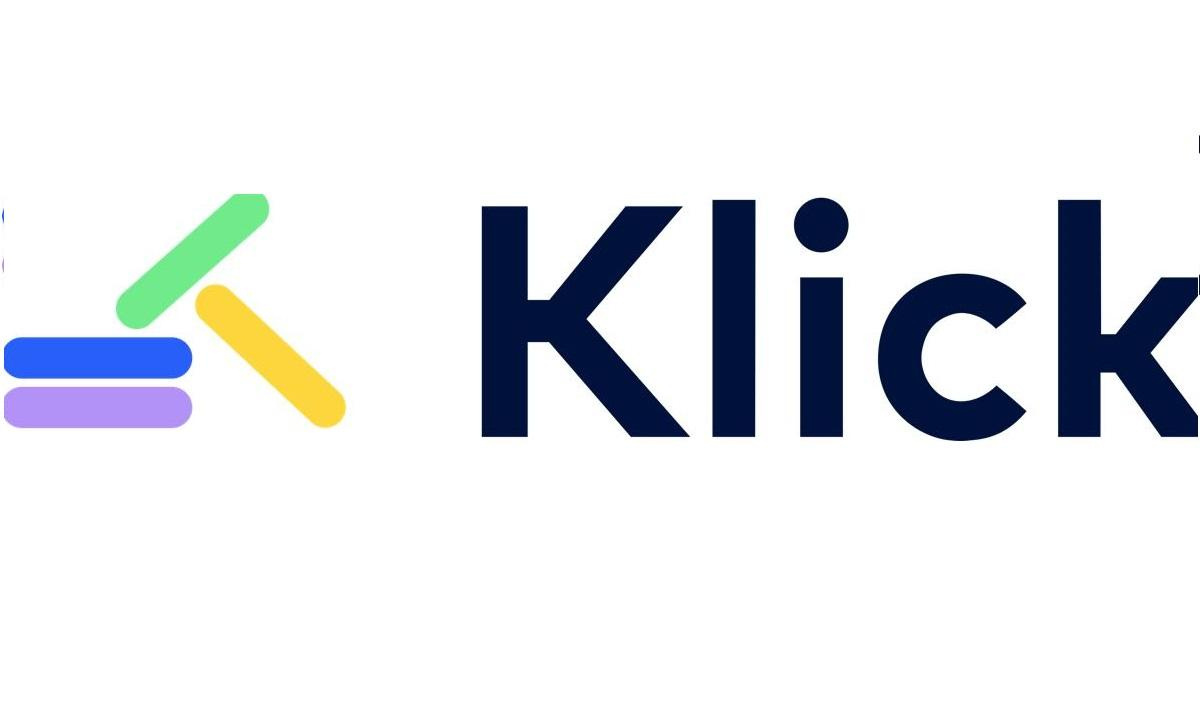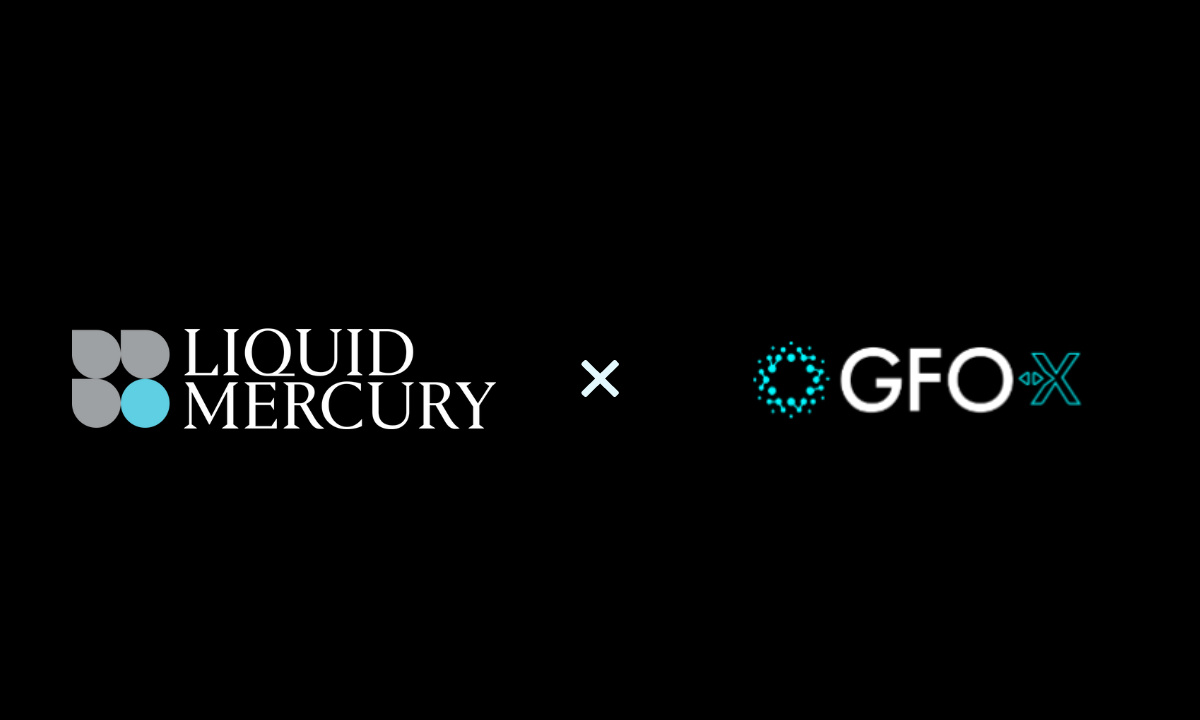Table of Contents
Many experts in crypto have made many predictions over the years, but a lot of them haven’t come true. Security token offerings failed to be the big trend of 2019, and the revolutionary potential of enterprise blockchain hasn’t yet materialized.
Nevertheless, the crystal ball gets it right sometimes. Last December, DeFi was one of the predicted trends of 2020, and so far, it’s been the undeniable smash hit of the year. From Compound to Uniswap to yEearn - the innovators continue to make the headlines.
Despite all the developments in DeFi, it does continue to operate with several critical limitations. Due to its unregulated status, there are few formalities for borrowers. This situation is often touted as a plus - after all, it follows the spirit of open finance and means anyone, even those without a government-issued ID, can get a DeFi loan.
It does come with some drawbacks, though. Because nobody knows who is on the other end of a loan transaction, and given the notorious volatility of cryptocurrency, loans must be heavily overcollateralized. The requirement to put down more than you’re borrowing limits the value of DeFi in terms of one of its big areas of promise - to bank the unbanked.
What’s missing in this equation is trust. Imagine if a borrower could demonstrate their creditworthiness somehow, without needing to put down more funds than they’re actually borrowing. The DeFi system would potentially offer far more value to the unbanked than it can today.
Introducing UTU Protocol
The trust gap is exactly the problem that UTU Protocol aims to overcome, and it has significant implications for the burgeoning DeFi segment. UTU operates a blockchain-based trust protocol. If someone applies for a loan, the bank uses a credit-scoring system to assess whether or not they’re creditworthy, and often, how much they can borrow. UTU can replicate the advantages of this kind of system, but using its innovative token-based trust platform.
Using UTU Protocol, a lender could award the UTU utility token to a borrower to certify that they’ve been reliable in repaying their loan. Based on the accrual of UTU tokens over time, lenders could then opt to accept an increased level of risk, reducing the collateral requirements. UTU tokens are non-transferable so that nobody can buy their way into the trust system. Rather than a nondescript numerical scoring system, UTU takes a descriptive narrative from users to provide more relevant and meaningful information.
In DeFi, trust works both ways. Developers bootstrap many DeFi dApps, and the code is brand-new, untested, or even copied. This year alone, there have been several high-profile examples of buggy code leading to hacks and drained funds, including lending protocol bZX and the sudden rise and fall of YAM Finance. Therefore, any borrower staking collateral on a DeFi platform agrees to accept a certain level of risk.
A trust protocol like UTU can thus work both ways. Developers can award UTU tokens to smart contract auditing firms, based on the robustness of their checks. Users can provide an endorsement of UTU tokens to platforms where they’ve successfully concluded transactions without incident. Over time, DeFi dApps and their service providers can gain reputation ratings that forewarn users whether or not they’re taking a risk by staking their crypto.
An Internet-Wide Reputation System?
While UTU Protocol has significant utility in replacing the law of code with human trust in the nascent DeFi sector, the platform was conceived with broader use cases in mind.
The project founders had identified an issue inherent with web-based reputation scoring systems - that they’re easily bought and sold. Amazon, in particular, has come under fire for the existence of subreddits and Facebook groups dedicated to helping vendors connect with those willing to leave a review for products they’ve never used.
Therefore, a blockchain-based reputation system, bounded by system parameters that make it impossible to gamify, could add real value to several sectors where reputation is key to gaining users.
UTU is on a roadmap to full launch, with the MVP for a DeFi-focused trust portal in scope for this year. However, in 2021 and beyond, the project plans to roll out support for more sectors.
The word “trustless” is used so frequently in relation to cryptocurrency that it’s easy to forget the fact that trust is inherent to any interaction - even blockchain-based peer-to-peer transactions. The lack of available trust mechanisms is currently proving to be a limitation on the global reach of DeFi. However, with a reliable basis for establishing relationships between lenders, borrowers, and platforms, DeFi could eventually fulfill the noble vision of providing a financial stepping stone to the world’s unbanked population
© 2020 CryptoDaily All Rights Reserved. This article is provided for informational purposes only. It is not offered or intended to be used as legal, tax, investment, financial, or other advice..
Investment Disclaimer









